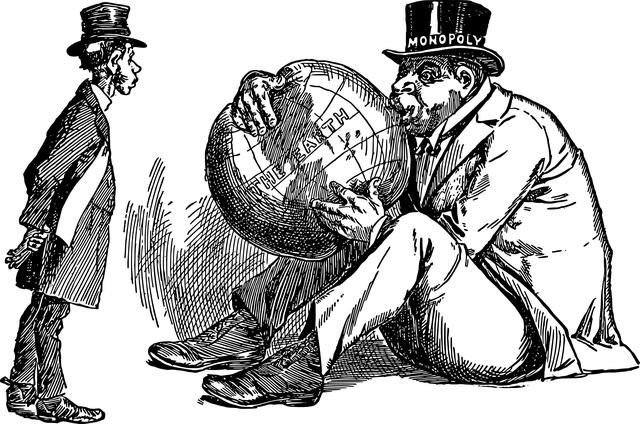The Impact of Political Corruption on Crime Rates
Political corruption remains a pervasive issue in societies around the globe. While many focus on its ethical implications, the relationship between political corruption and crime rates is crucial for understanding societal safety. Delving into this topic reveals not only the impact of corruption on crime but also practical strategies for mitigating these effects.
Understanding Political Corruption
Political corruption can be broadly defined as the abuse of power by government officials for personal gain. This can manifest in various forms, including bribery, embezzlement, and favoritism. When corruption thrives, it undermines trust in public institutions, leading to a cascade of negative outcomes, including increased crime rates.
The Link Between Corruption and Crime Rates
Several studies have highlighted the correlation between political corruption and crime rates. Below are some key points explaining this connection:
- Weakened Law Enforcement: Corrupted officials may prioritize personal interests over community safety, resulting in under-resourced law enforcement agencies.
- Incentives for Criminal Activity: Corruption can create an environment where illegal activities are tolerated or even encouraged, leading to increased criminal behavior.
- Public Disillusionment: When citizens perceive corruption in their government, they may feel justified in engaging in criminal acts themselves.
Case Studies
1. Mexico: Drug Cartels and Corruption
In Mexico, the intertwining of political corruption and organized crime has led to some of the highest crime rates in the world. Corrupt officials often collude with drug cartels, allowing them to operate with impunity. As a result, violence escalates, creating a vicious cycle of crime and corruption.
2. Italy: The Mafia’s Influence
Italy has long grappled with organized crime’s connections to political corruption. The Mafia has historically infiltrated local and national governments, influencing policy to benefit illicit activities, subsequently driving crime rates higher.
Benefits of Combating Political Corruption
Addressing political corruption provides several benefits that can lead to reduced crime rates:
- Strengthened Institutions: Transparent governance fosters public trust and improves the effectiveness of law enforcement.
- Social Stability: As corruption diminishes, communities are likely to experience lower crime rates, enhancing societal welfare.
- Economic Growth: Reducing corruption can lead to more significant investment and economic opportunities, which often correlate with lower crime rates.
Practical Tips to Mitigate Political Corruption
Combating political corruption can be challenging, but individuals and communities can take steps to promote transparency and accountability:
- Engagement in Local Politics: Participate in local government meetings and advocate for transparency.
- Support Anti-Corruption Organizations: Engage with NGOs dedicated to fighting corruption.
- Educate Communities: Raise awareness about the impact of corruption on crime rates and societal health.
Conclusion
Political corruption significantly impacts crime rates, creating complex social challenges. Understanding this relationship is essential for developing effective strategies to combat both corruption and crime. As individuals and communities engage in proactive measures to promote accountability, we can foster safer living environments, enhance public trust, and contribute to a stronger society. Addressing these issues not only uplifts communities but also safeguards our future from the pervasive effects of crime exacerbated by political corruption.



